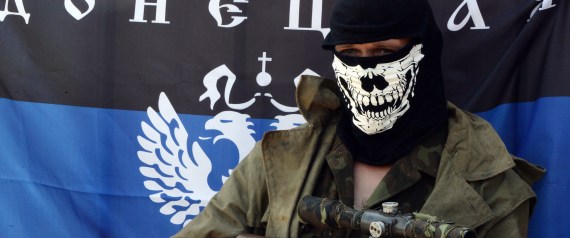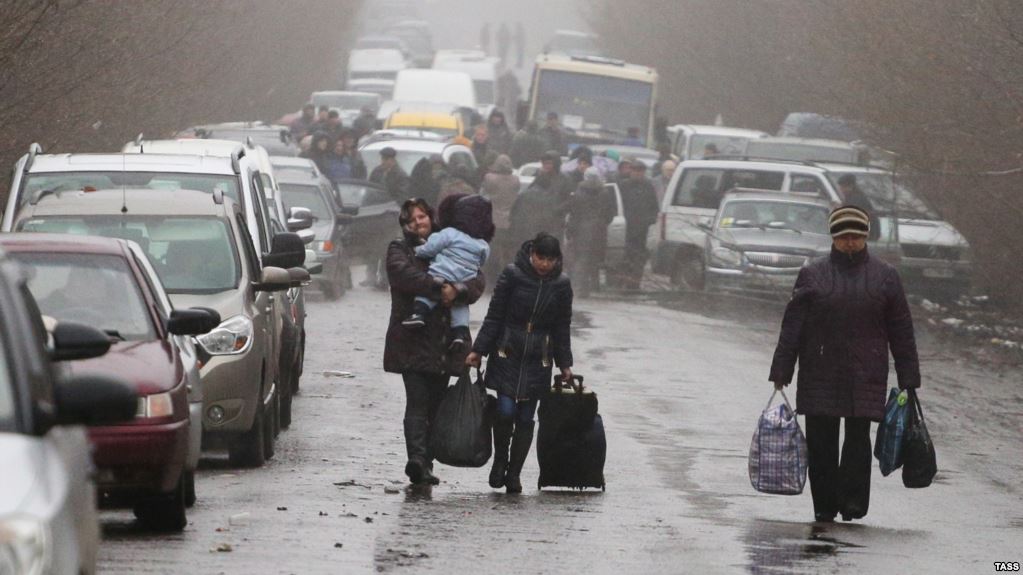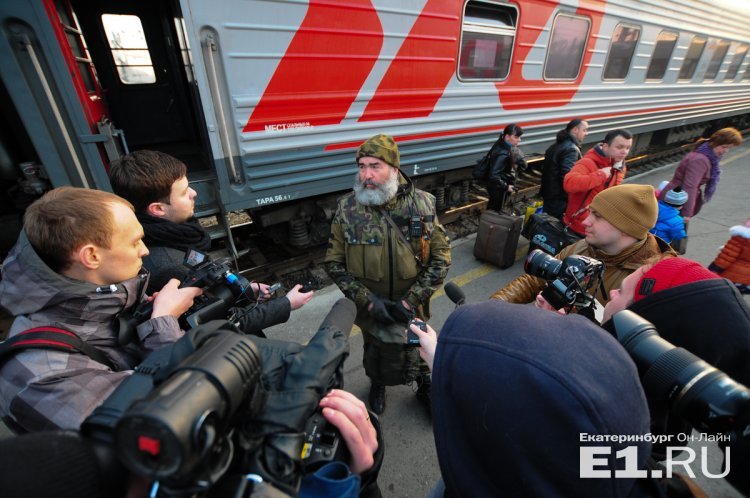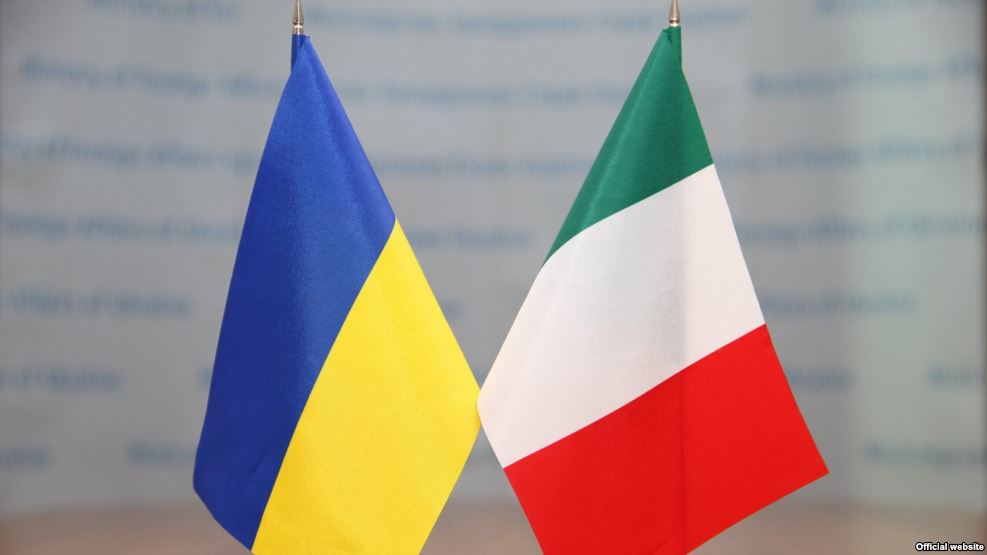Russia needs the meeting of Nadiya Savchenko with the leading terrorists of the so-called DNR (Donetsk People’s Republic) and LNR (Luhansk People’s Republic) in order to legitimize “people’s power.” In order to prove to the new US administration that the conflict in the Donbas is supposedly a civil war and not a conflict between Ukraine and Russia.
The meeting in Minsk between Nadiya Savchenko and the leaders of the so-called “people’s republics” — if this meeting actually took place — is one of the strangest events of recent times. Everything about this meeting is strange. The fact that it took place under conditions of strict secrecy. And the fact that Savchenko does not want to talk about it. And the fact that nothing can be said about any results. This suggests that we are only at the initial states of an operation by Russian special services whose meaning will become clear only with time.
Let us begin with the assumption that the agreement of Aleksandr Zakharchenko and Igor Plotnisky is necessary for the exchange of hostages to take place — even though this naturally is a strange assumption since the question of releasing Ukrainian citizens is decided not in Donetsk or Luhansk but in Moscow and Savchenko is absolutely not needed for any contact with the leaders of DNR and LNR.
It is precisely for this reason that Viktor Medvedchuk is present in the contact group (Medvedchuk, a close friend of Putin’s, heads up the pro-Russian and anti-EU organization “People’s Choice” and is a participant in the Trilateral Contact Group on Ukraine, which was formed to facilitate a diplomatic resolution to the war in the Donbas — Ed.) It should be obvious that the Kremlin trusts the former head of the Presidential Administration in Ukraine more than Savchenko. Furthermore, Medvedchuk can negotiate not only with Zakharchenko and Plotnytsky but also with representatives of the Russian leadership and military command. Therefore, if Moscow authorities really wanted to resolve some specific issues related to the release of Ukrainian citizens — as the Russian Foreign Minister Sergei Lavrov (again, not Zakharchenko) hinted recently — they would be speaking with Medvedchuk and not with the former pilot.
But it is not negotiations that Moscow needs, but the legitimization of “people’s power” in the occupied territories. When the Ukrainian leadership negotiates with the Russian leadership nobody is released because the Kremlin says it cannot influence the “real” parties to the conflict.
And when a representative of “the people” — Nadiya Savchenko — talks with other representatives of “the people” — Zakharchenko and Plotnitsky — real results are achieved. Because, according to Moscow, this is not a conflict between Ukraine and Russia. It is a civil conflict. And even if Nadiya Savchenko does not say so, loud and clear, during the procedure of freeing our fellow citizens, the very way the goal is achieved may demonstrate that it is necessary to speak with the “people’s leadership.”
This is precisely what Russia is trying to achieve. The same thing it has already achieved long ago in other areas that are under its control. The new president of Transnistria, who was elected yesterday in another election, does not need any Savchenko to talk with the leadership of Moldova. And the world has no doubt that the conflict is an internal Moldovan conflict. Even though the new president of Transnistria is the same kind of Kremlin puppet as his predecessor. And even though the issue of restoring the territorial integrity of Moldova would be resolved in 24 hours if Moscow were not protecting the Transnistrian regime.
The very appearance that this is an internal Ukrainian conflict may become a pretext for softening or even lifting sanctions against Russia. And the lifting of sanctions is the main goal of Russian diplomacy — something that has occupied the Kremlin for many months because 2017 is a critical year for the fate of a number of state companies in the country (Russian companies will need to refinance over $100bn of debt by 2017 and Russia’s reserve fund may be depleted by mid-year — Ed.).
Therefore, Savchenko’s talks with the leaders of the mercenaries is not for the benefit of Ukraine. And it does not create new political opportunities for Savchenko herself.
What the Kremlin is doing is creating a propaganda opportunity for the new US administration. The ability to say: “see over there they are negotiating without us and even the heroic Nadiya is participating. And pressure on Russia only harms this constructive process.”
The words “we must not be held hostage to Kyiv’s ambitions” can thus be uttered against the background of Savchenko’s efforts. These are the scenarios that Moscow may propose to Trump’s former staff member Carter Page, who is now discussing this very lifting of sanctions with his Russian confidantes. (Carter Page, an early foreign policy adviser to Donald Trump, has been suspected of serving as his back-channel liaison with senior Kremlin officials — Ed.)
Page or any other American negotiator with unclear authority may be offered just such a course of events to satisfy the new administration’s desire to save face when lifting sanctions. But for the scenario to see the light of day and not just remain in the shadows, the Kremlin will need guarantees of the West’s readiness to openly agree that Russia is no longer seen as a participant in the conflict in the Donbas. Then we will see the Russian special operation in all its glory and its members will not deny their part in it.
And what we are facing now is just a rehearsal. A rehearsal of the “civil war.”








